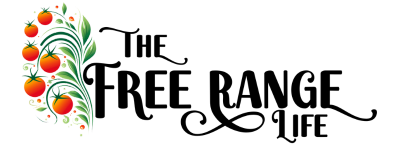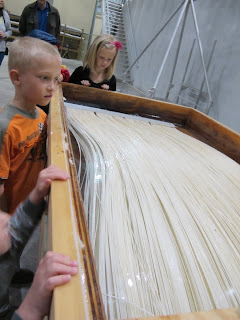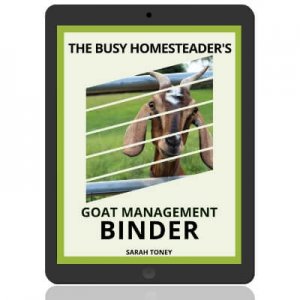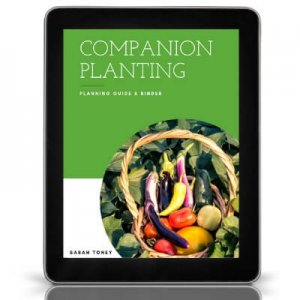The balance between the 2 homeschooling extremes is something I often fight to achieve. School-at-home vs. Unschooling and the million combinations of the 2.
This site contains affiliate links. If you make a purchase using one of these links, I may earn a commission. Please see my disclosure page for more information about cookies collected and our privacy policy.
I personally love the idea of unschooling but don’t think it’s the perfect fit for my family. I dislike the idea of school-at-home, but there are bits and pieces that come from that school of thought that I do like.
So in my struggle I have realized I don’t have much of a taste for textbooks. Or worksheets. Or workbooks. And I have found things I don’t like with almost every curriculum I have looked at or bought. I write and/or pull together most of my own stuff because of that. So here are a few ways to learn without using textbooks:
1. Field Trips:
You have to think outside the box on this one. When I was in school we went on field trips to the zoo, the orchestra, some plays…and those are all just fine, but there are so many other options.
Historical Parks, National Parks, Art Museums, Natural History Museum, botanical gardens.
Visit the landfill or the water treatment facility. Most cities have hidden treasures tucked inside them, you just have to search them out. When we go places we don’t just wander around, either. We read the signs and apply it to our life.
We make it personal.
2. Purposeful Use of Technology:
TV, video games and the computer can sometimes get a bad rap when it comes to kids.
And in general, yes, there is a lot of bad stuff out there that I don’t want my kids exposed to. But technology has it’s place.
My kids have learned a ton by watching documentaries on everything from Yellowstone to dinosaurs to tornadoes.
My 4 yr old requests to watch Planet Earth all the time. Youtube videos have served well for additions to unit studies- to see all of those things we can’t go see in person.
And I already mentioned my boys’ love for The Weather Channel and how they are learning all sorts of countries and cities around the globe just by checking temperatures.
3.Use the Library:
Or any book source for that matter.
The problem with most text books is that they are dry, vague and lack that point of interest that most people crave in a book. So use real books.
With all the information you would want on a subject. We have dozens of animal encyclopedias around the house, how-to books, books on periods in history.
My older two are just now starting to realize that not everyone knows all about Pompeii or the Hindenburg like they do. And they know so much because of the books they have checked out over and over again from the library.
4. Live
This one may be a no brainer, but I think most people underestimate the value of life.
You don’t need worksheets, workbooks and textbooks for everything. Never in our years have schooling have we formally covered anything botany related.
But my boys know how plants grow, they can name a good deal of them, they can id wildflowers, they know the parts of the plants and what they are for.
They can grow food and collect seeds. They know all this because it’s in our life.
We plant, we grow, we harvest. It would be a waste of our time to put that in worksheet form.
How to Teach Kids About the Life Cycle of a Butterfly- with Real Life!
5. Play
You know how those little tidbits of information stick with you? Games are a fun way of adding to your school day.
We discovered Professor Noggin’s Card games last year and the boys are hooked. We have 6 different topics now (Insects, Birds, National Parks, Ancient Civilizations, Presidents and US History) and they are learning so much from these little games.
Put on historical plays. Hold a quiz bowl competition instead of answering questions on paper.
There are so many options here- either bought, made or created. (For example- all the kids have learned their addition facts by playing the simple dice game Knockout!)
I will say that while a lot of our learning happens like this- I do require some sit down, book work. One of which is math. Math is a non-negotiable here, they do it, they use a curriculum made by someone other than me. A
nd this year I have started a little more formal language and 2 days a week are more “fun” creative writing and comprehension, while 3 days a week are book work….with language arts workbooks and, gasp! an old public school text book.
But of course I use it in no way like a public school would…But that is where the balance comes in.







Awesome post! Thanks for sharing your balance!
What an awesome post!
My daughter has always adored worksheets, which really freaked me out at first. She would beg for those giant books of what they used to call “busy work”. She does learn things from them, but I still struggle to use them because they’ve never been my thing at all. They seem so dry and pointless and stale, even when I make them myself.
Thanks for this post! Our first day is today and I needed the reminder of balance.
Visiting from the Hop. Such helpful ideas for a newbie like myself. My boys love the science channel and the history channel. It’s true there is a lot to learn if you look in the right places. I’m going to check out those Noggin cards. Thanks!
This is an excellent post and I agree 100% with everything you wote!
Have you ever read books written by Dr. Raymond Moore? He was the pioneer of the homeschool movement. You might want to get the The Moore Formula Manual. It will give you a host of ideas for ways your can show what he knows and has learned and NO workbooks!
Thanks for stopping by my blog yesterday. I appreciate it.
Elisabeth @ Treasuring the Moments.net
Lol ~ I must be in the minority because I love workbooks and worksheets! We incorporate them with everything else and have found a wonderful balance. :) It seems so simple ~ live and play. I wonder why so many have forgotten that these are the basics of growing and thriving? Love the post. :)
Love this post – nicely written! As I plan for our upcoming year, it is a great reminder of why we chose homeschooling for our boys.
I dislike workbooks and worksheets too, but we also use curriculum for math – Singapore for my younger son, and Teaching Textbooks for my eldest.
I’m visiting from the MOB Society BlogHop. I love this post o balance. We hope to homeschool our boys and have looked into many different styles. I think I’d like to unschool but I’m not sure how it will work out. Our boys are young still so we’ll see how it goes.
Meaghan
http://raisingourfamily.blogspot.com
We sound a lot alike in our approach. We use a lot of games, as well. There are a lot of games out there that reinforce skills. Scrabble is the obvious, but what about the vintage game Quinto for multiplication?